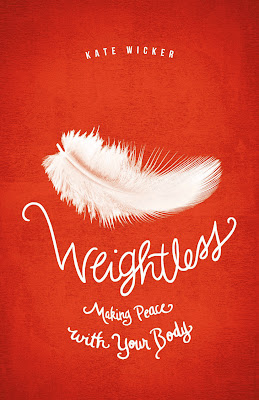Catholic new media
First, What Are You Reading? Volume 19, March 2012
Catholic Blog Day: The Prayer of St. Ephrem
I first read about Catholic Blog Day on Twitter several weeks back, and resolved to post today on the suggested theme of “Penance.” How convenient (and not a bit coincidental!), since it is Ash Wednesday.
I thought about all the things I could share about penance and Lent, and in fact quite a few funny discussions going on around our house with tweens and teens about “what I’m going to give up for Lent.”
Instead I’d like to share The Prayer of St. Ephrem (his name is spelled lots of ways; I’m just picking one). This is a prayer my husband suggested our family might pray together during Lent. Our pastor printed this in our bulletin, and my husband explained how Byzantine Catholics pray this all the time during Lent, as in every hour of the day!
(Said husband also happened to start his Lent on an Eastern/Byzantine Catholic schedule, which means he started two days ago. Meanwhile, I’m thoroughly Roman Catholic, and definitely had my Mardi Gras yesterday with an apple fritter and all the non-Lent things).
You can read a little more about The Prayer of St. Ephrem here. I don’t think we’ll necessarily be praying it every hour here, but I’m posting it in various rooms around the house, and I hope we will be able to consistently make it a part of our Lenten journey.
Prayer of Saint Ephrem
O Lord and Master of my life,
keep from me the spirit of uncaring and discouragement,
desire for power, and idle chatter.
Instead, give to me, your servant,
the spirit of wholeness and integrity of being,
humble-mindedness, the spirit of patience and love.
O Lord and King,
grant me the grace to be aware of my failings
and not to judge my brothers and sisters,
for You are blessed, now and ever and forever. Amen.
I’m not really sure what will be the fruit of the Prayer of St. Ephrem during Lent, but I consider it to be so much like our Catholic faith and prayers–just letting it all soak in. You pray the Rosary about a zillion times, and occasionally you have an insight about one of the mysteries or even the “Hail Mary” that expands your soul and faith in completely unexpected ways. There’s so much to explore in this simple prayer, and I hope and pray that this time of prayer, fasting and almsgiving will help us all grow spiritually.
If you care to share what your family is doing for Lent, you are more than welcome–comment away! What are your thoughts, too, about Catholic Blog Day, and did you participate?
—–
Catholic Blog Day is the idea of Jonathan Sullivan, a Catholic evangelist and new media expert in a nearby diocese. I think it’s such a great idea, and I’m glad to be a little part of this great experiment and idea. I hope there will be another “Catholic Blog Day” maybe in Easter Time this year, so we can all write about joy or reconciliation or mercy.
Q&A With Amy Welborn, author of Wish You Were Here: Travels Through Loss and Hope
Q&A (and Book Giveaway!) With Randy Hain, author of "The Catholic Briefcase"
Even thought I’m not an executive with a briefcase, I am Catholic, and so I truly enjoyed reading, and then reviewing, Randy Hain’s new book The Catholic Briefcase, in my January Catholic Post column. I was able to have a Q&A with Randy, and the publisher has shared two copies of this great resource to give away. You can enter to win a copy of this book by commenting on this post, and one other, giveaway-specific post. Good luck to all entering the giveaway. And thank you, Randy Hain, for so thoroughly answering all of my questions about your helpful new book!
January Giveaway #2: Weightless by Kate Wicker
Congratulations to the Birgitta, winner of the giveaway of Strengthening Your Family.
Next up is a giveaway of Kate Wicker’s Weightless: Making Peace with Your Body, another book I reviewed in my January column. I had the chance to interview Kate and post the interview last week. You can read that interview here, where you can read more about her book and writing.
The deadline for entering this giveaway is Monday, January 30, at 7 p.m. Central Time.
Here are the rules for this giveaway and all the books on giveaways here at the Catholic Post Book Group. You must comment on the blog post or posts giving away the book. So, if you are interested in a copy of Weightless, leave a comment here on this post.
In addition, if you are the winner, I will let you know via comment if I do not have an e-mail or a way to reach you. If you do not respond in two days, I’ll pull another name. That’s it–couldn’t be easier. Good luck to all entries!





